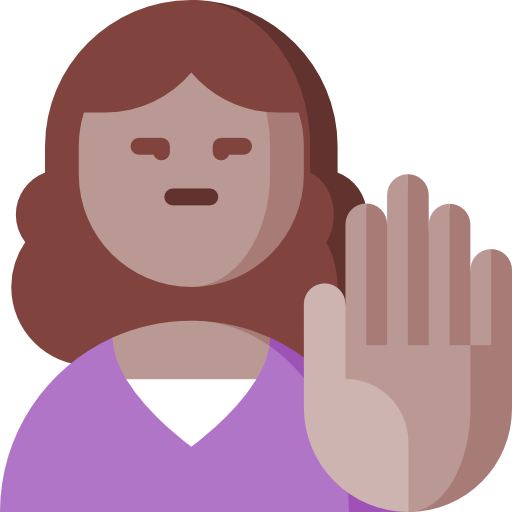What you need to know about Victoria’s new rental rules Housing and Homelessness
What you need to know about Victoria’s new rental rules
ANALYSIS
More than 130 changes to Victoria’s renting rules come into effect today. That’s a lot to get your head around.
These are historic and hard-fought changes for the one-in-four Victorians who rent their home. The changes will help ensure renting a house is affordable, safe and secure, and that rental properties are suitable as renters’ needs evolve over time.
Given the sheer scope of the changes—which cover applying for, living in and leaving a rental property—it will take time for renters to feel the full benefits of these reforms.
Community sector workers have a critical role to play helping their clients understand their new rights and how to assert them.
This is especially important as this week, many renters will also be hit by the end of JobKeeper and cuts to JobSeeker. Many may also be worried by the end of a ban on evictions and rent increases.
Here are the 10 key changes community sector workers need to understand to best help their clients navigate the new rental landscape.

1. Evictions
Renters can no longer be evicted for no reason. A “valid reason” is required, which might include the property being sold, change of use, or if the owner is moving back in. Renters are still able to challenge a ‘Notice to Vacate’ if they don’t think the reason stacks up, or suspect it’s been issued because they’ve tried to exercise their rights.

2. Minimum standards
Landlords (the new laws call them “rental providers”) have a duty to ensure their rental property meets new minimum standards. These dictate basic levels of cleanliness, security and privacy. (Really, it’s the bare minimum most people would reasonably expect.)

3. Phasing in
Some rental minimum standards have been delayed to give landlords more time to prepare – these include standards for window coverings, electrical safety, and energy efficient heaters.

4. Urgent repairs
If a property fails to meet the new minimum standards, renters can request an urgent repair. Other things that are now considered urgent repairs include: a broken cooling appliance, a malfunctioning smoke alarm, pest infestation or mould.

5. Capping rent increases
Rent can only be increased once a year.

6. Ending discrimination
It’s now against the law for a landlord to discriminate against renters based on their personal attributes, such as age, race, religion or disability.

7. No deception
Landlords can no longer mislead or use “deceptive conduct or statements” to encourage someone to enter into a rental agreement, and rental properties can only be offered at a fixed price (no bidding).

8. Basic modifications
Renters can make simple modifications to the property, such as attaching child safety devices or replacing curtains, without asking for permission. Other modifications that a landlord cannot “unreasonably refuse” include a vegetable or herb garden, painting, securing gates or installing a security systems and flyscreens (although this must be paid for by the renter.)

9. Family violence
Renters experiencing family violence will be able to change or terminate their rental agreement and won’t be held liable for damages in some circumstances, by applying to VCAT.

10. Overdue rent
If a renter is more than 14 days overdue in rent payments, a landlord can issue a Notice to Vacate. But if the renter pays the overdue rent within 14 days, this Notice to Vacate is invalidated. (This can only happen four times year).
Resources
The full list of Victoria’s rental reforms can be found at consumer.vic.gov.au/rentrules
A ‘stakeholder pack’ prepared by the Victorian Government to help community sector organisations promote and explain the new renting rules is available here.
You can also watch a recording of ‘Renters’ Rights Rundown: Victoria’s new renting rules’, a recent online briefing to help community sector workers understand the new regime. We’ll be holding more Renters’ Rights Rundown events in the coming weeks. Subscribe to our newsletter to learn more.
Tenants Victoria also provide free advice or support for community sector workers assisting people who rent in Victoria.